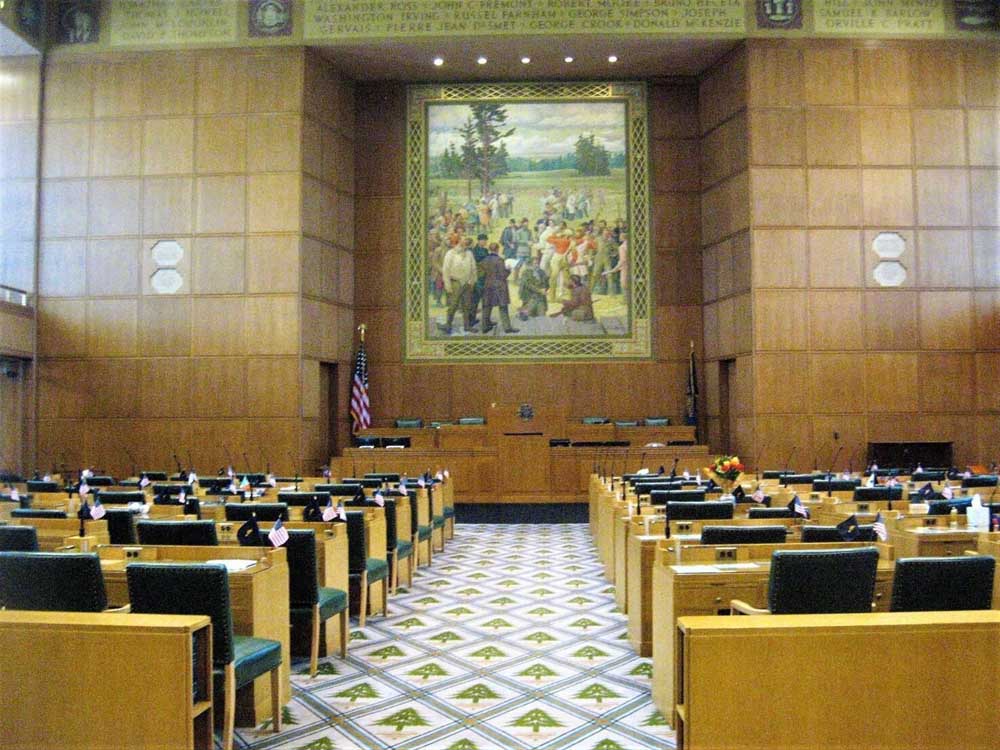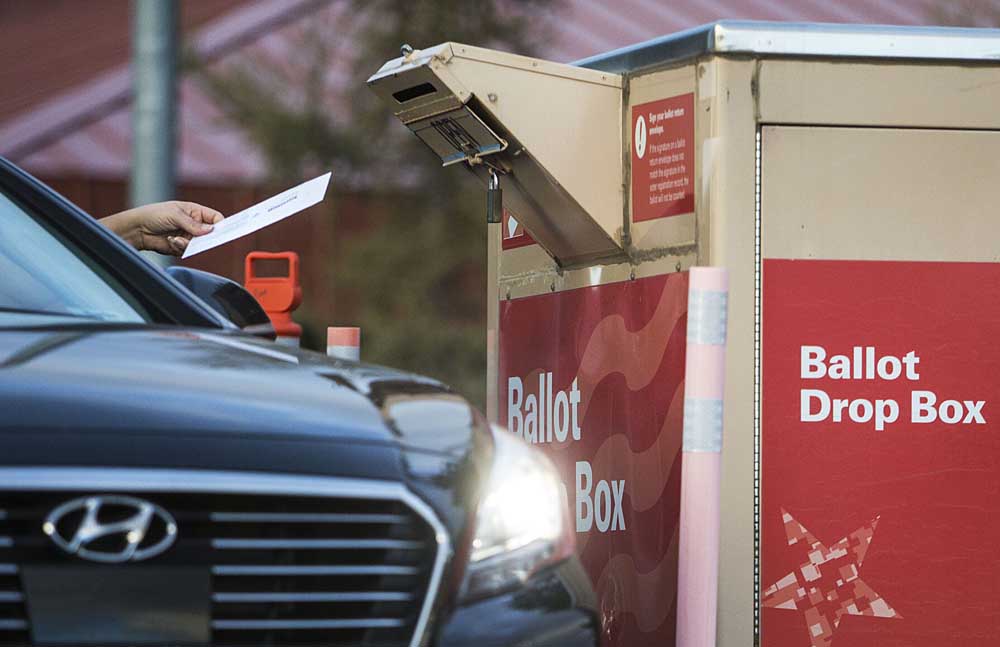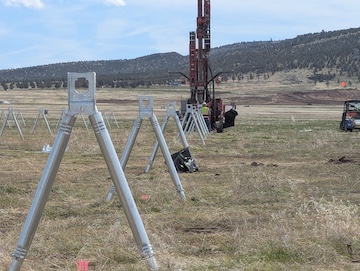OTHER VIEWS: Legislators make key decisions behind closed doors
Published 3:00 pm Monday, January 15, 2024

- The House chamber at the capitol in Salem
We long for a journey to a smoke-filled room. Not an actual smoke-filled room, but the secret meetings where our Oregon legislators make the key deals.
When the Legislature was at a standstill last year because of walkouts, the public didn’t get to see the meetings where legislators decided what bills would move, what bills would not and any trades that were made.
How are we supposed to judge our legislators without seeing them do such critical legislating?
We had the same thought watching a legislative committee on Wednesday, Jan. 10.
State Rep. Jason Kropf, D-Bend, opened a committee meeting by asking for a vote to approve three draft bills.
The bills are placeholders. They don’t really say anything. They call for studies when everybody knows they aren’t going to be about studies. They will later be “gutted and stuffed” with proposed changes related to Measure 110 and addiction.
He explained discussions are still ongoing about what the bills would say. And then later, hopefully before the session starts, the language of the bills will truly be unveiled.
Fair enough.
But this is about language in bills on an issue that has been roiling the state. There has been a leak published in The Oregonian that one proposal discussed in closed-door meetings has been to recriminalize minor drug possession as a misdemeanor.
Who is in these meetings? How do they behave? Does Gov. Tina Kotek participate? Do lobbyists sit in, whispering in the ears of legislators or getting into their DMs? What are the issues that have been debated? Who offers what? Who trades what?
Is there smoke in these rooms? Do they pump in fog for effect?
OK, those last two questions are silly. It’s also silly that where key decisions are being made about Oregon and criminal justice the public is not allowed to see what their legislators are doing.
Legislators could decide to make some of these meetings public on key issues. They don’t. They don’t want the public to see.
Of course, there is benefit to closed door meetings. Legislators can speak frankly, for one. And when a bill is formally introduced, Oregonians do get to see what has been proposed.
Lawmakers do have to vote in public. But Oregonians will not know how their representatives represented them behind the veil of the smoke-filled room.





